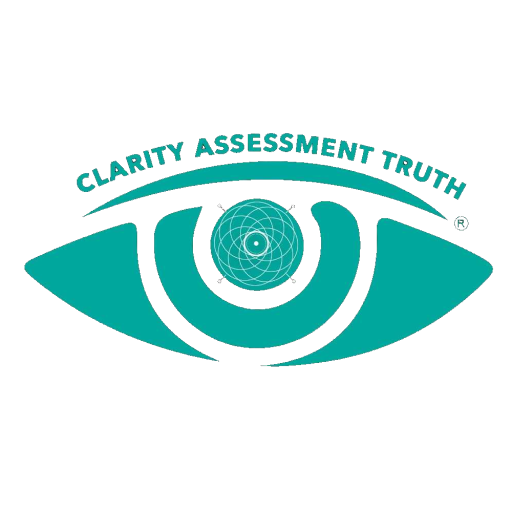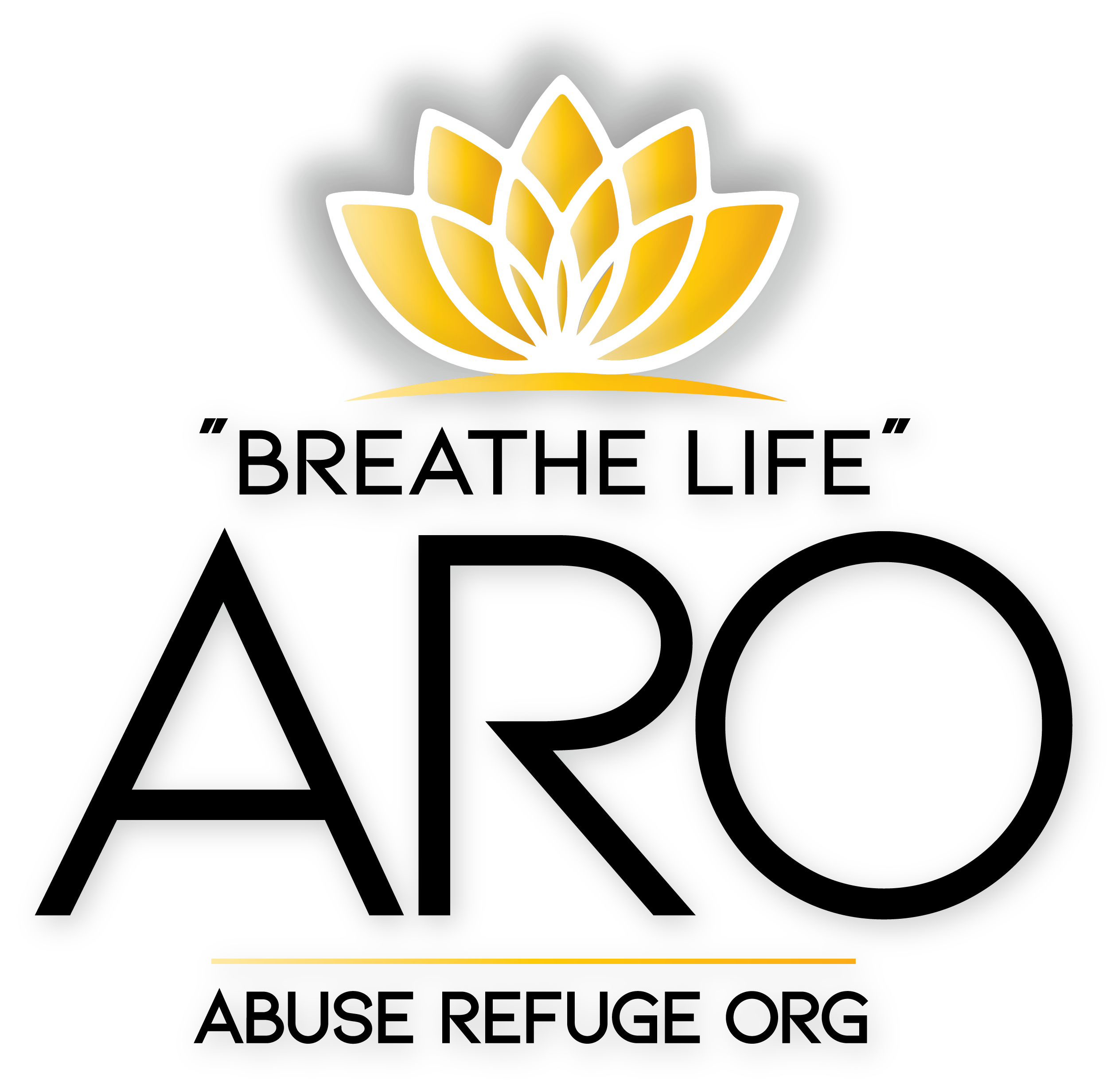Sexual Abuse is a deeply traumatic experience that can leave lasting physical and psychological scars on the victim. Understanding the definition, identifiable markers, and potential solutions can assist in providing necessary support and healing.

Sexual Abuse refers to the exploitation or violation of an individual by sexual means, often against the victim’s will. It encompasses a range of unwanted sexual behaviors, including sexual assault, rape, molestation, harassment, and sexual exploitation. It can occur in various relationships and settings.
Identifiable Victim Markers (IVMs):
• Addictions: Dependency on substances as a coping mechanism.
• Anxiety: Persistent anxiety related to the trauma.
• Argumentative: Defensive or argumentative behavior as a reaction to triggers.
• Avoidance: Avoiding situations, places, or people connected to the abuse.
• Compliance: Compliance with the abuser’s demands, often due to fear or conditioning.
• Conditioned Beliefs: Internalized beliefs or distorted thinking patterns related to the abuse.
• Detachment: Emotional detachment or disconnection from self and others.
• Dismissive: Dismissing or minimizing the severity of the experience.
• Dissociation: Psychological disconnection from the traumatic experiences.
• Emotionally Numb: Emotional numbness as a defense mechanism.
• Hypervigilant: Heightened sensitivity to potential threats or triggers.
• Isolation: Feelings of isolation or withdrawal from support systems.
• Nervousness: Chronic nervousness or unease.
• Reactive: Emotional reactions, sometimes aggressive or defensive, to reminders of the abuse.
• Self-blame: Blaming oneself for the abuse.
• Self-criticism: Harsh self-judgment and criticism.
• Self-doubt: Lack of confidence and persistent doubt about one’s own judgment or abilities.


